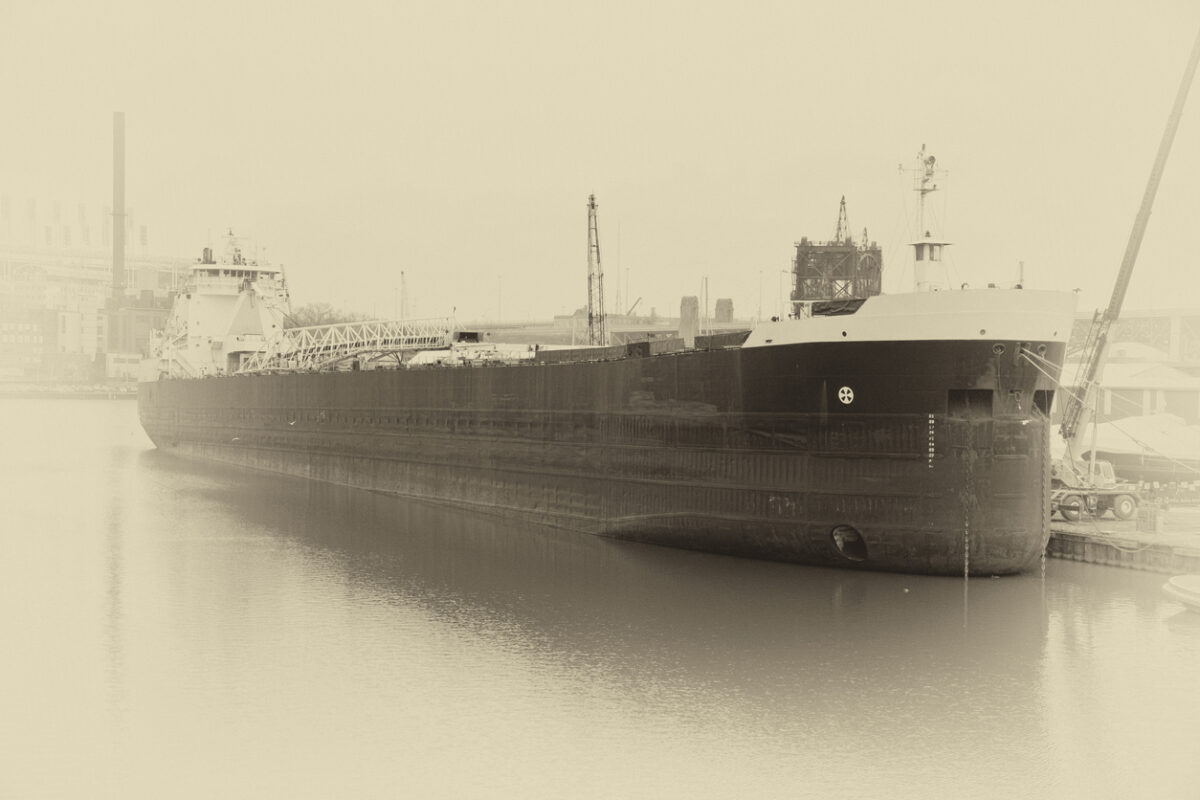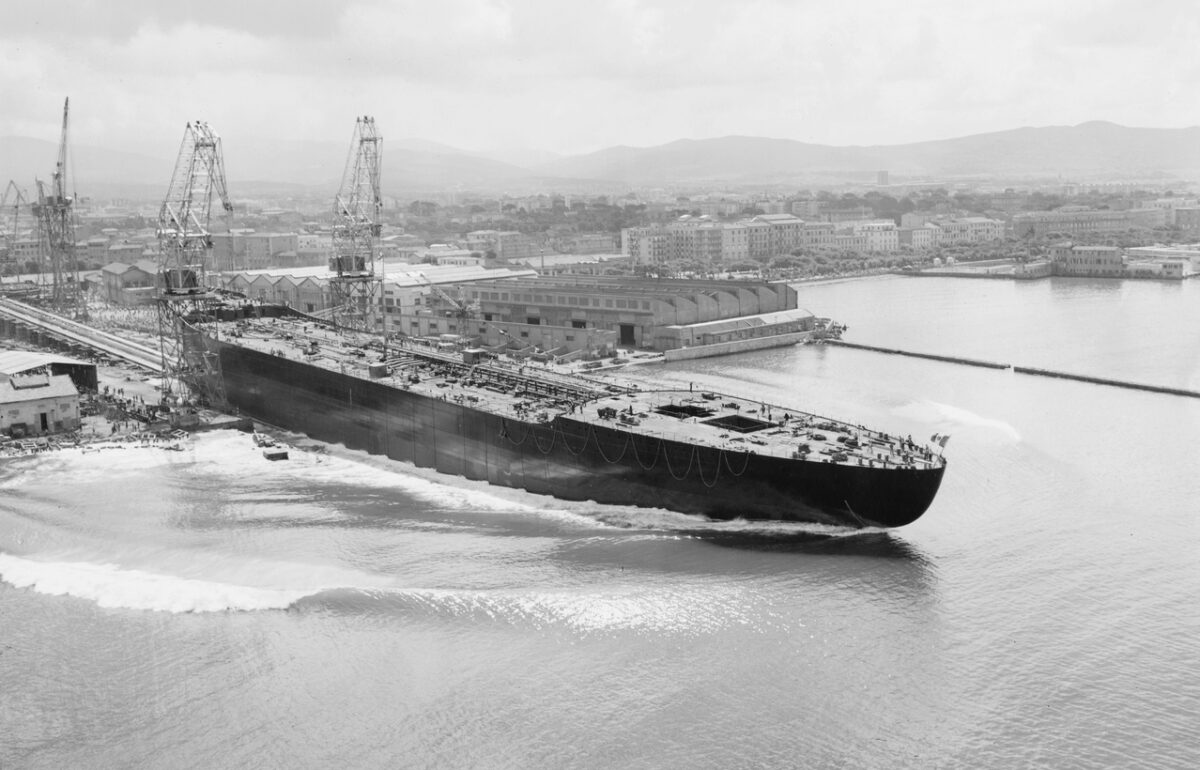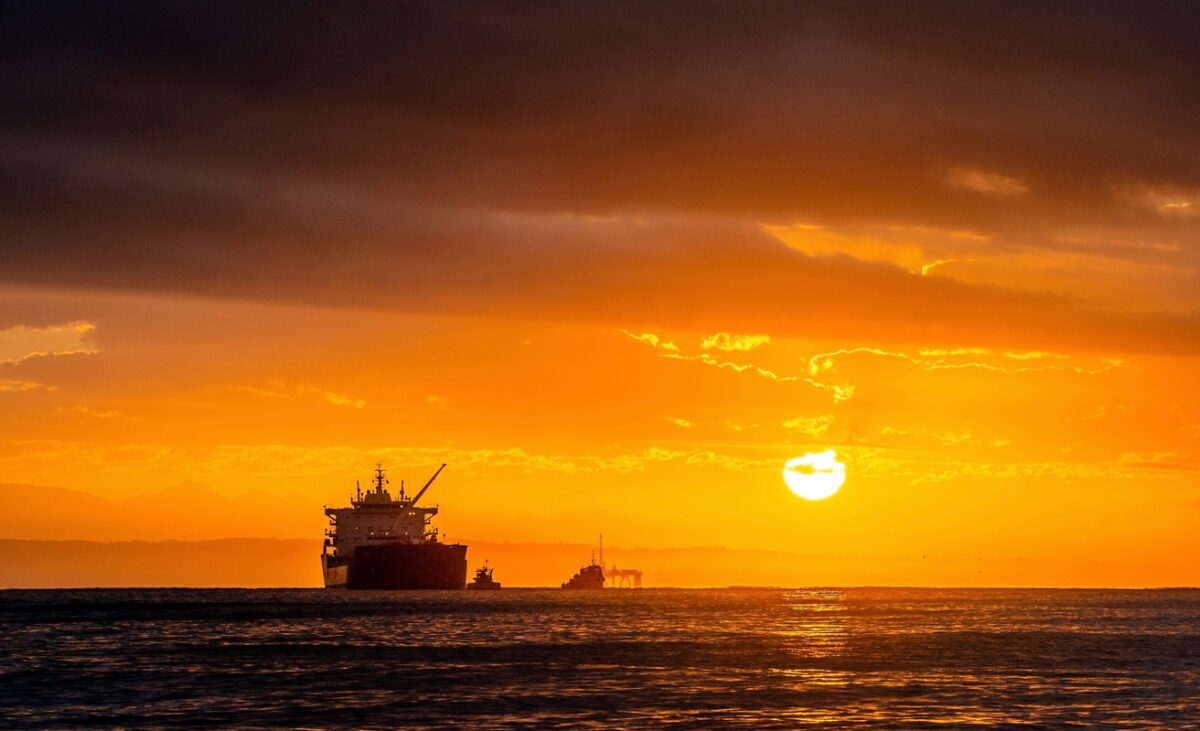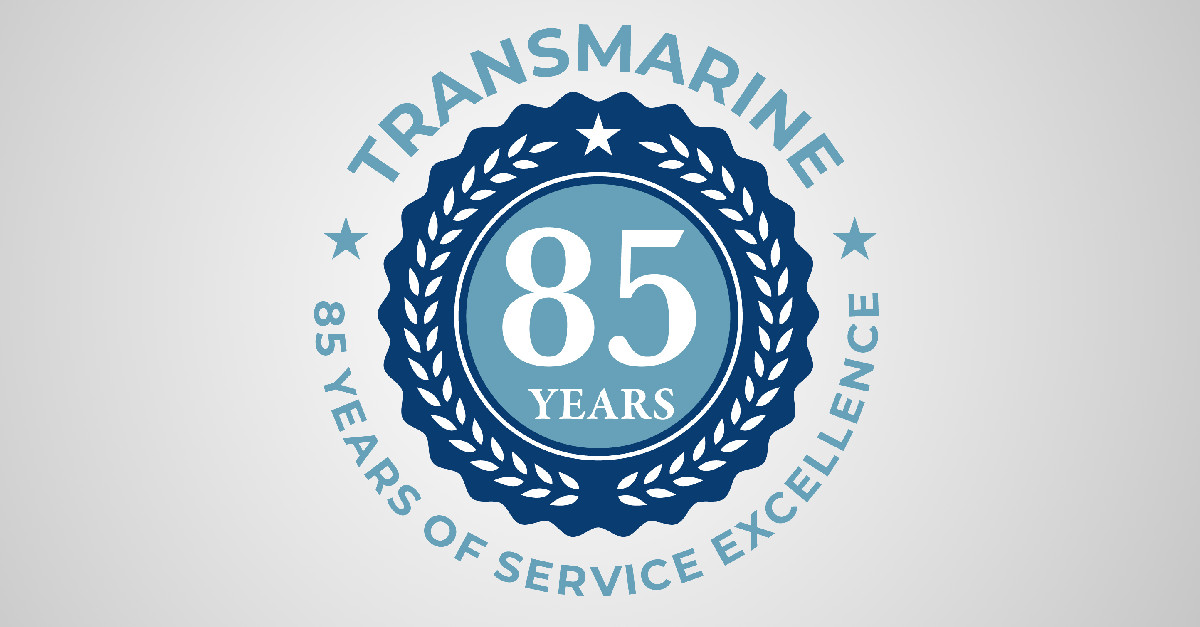Our business is built primarily on three principles: innovation, connection, and trust.
In 1938, in response to labor strikes regarding unfair foreign company practices, the Mexican government established an independent, state-owned petroleum company (Petróleos Mexicanos, or PEMEX). Though PEMEX’s formation was a victory for Mexico, it also meant leaders suddenly found themselves in need of tank vessels to efficiently import refined gasoline from the United States to their own home ports.
While negotiating these refined gasoline purchase agreements, PEMEX secured the right to nominate the shipping agency that would be appointed as the vessel’s ship agent for cargo operations at the loading port call by the tankers’ current commercial operator. This is a custom still at the heart of maritime industry proceedings, and the cornerstone of the tramp ship agency industry.
Eagerly aware of this pioneer opportunity, Transmarine Navigation Corporation (TNC) founder Max Linder quickly positioned his new operation to specifically serve Mexico’s new needs. As a result, TNC soon became the tank vessel’s consigned, load-port ship agent for PEMEX cargo operations in San Francisco.
With swiftness in our first year, TNC also became a member of the Baltic and International Maritime Council (BIMCO), an organization founded in 1905 in Copenhagen by an elite group of shipowners. We were also the first West Coast ship agency member of the Association of Ship Brokers and Agents. To this day, BIMCO is one of the largest international shipping associations representing shipowners, with 2,100 members in more than 120 countries. And we remain their oldest continuous U.S. ship agency member.
These were the very beginnings of TNC. From there we have grown to become the chosen partner in providing the global industry with trusted leadership in port arrivals, departures, and in-port operations — largely due to the trust, leadership, and agility we’ve maintained to keep your shipments running smoothly through the changes and challenges of our times.

Evolution After World War II
Soon after our early beginnings with PEMEX, TNC expanded to become the trusted ship agents for several large Japanese vessel operators, as well. The Japanese attack on Pearl Harbor, however, halted that business for the duration of World War II.
But in the decade following Armistice Day, few experienced a return to normal–including those in the shipping industry.
In 1955, frustrated by the inefficient timeline and prohibitive expenses of traditional liner shipping, former trucking company owner Malcom McLean developed a new way to send his trucks — by sea along the U.S. East Coast. He simply loaded his vehicles, packed them into crates, and bought two ships powerful enough to carry them.
This new method was, in a word, successful, and is the origin of container shipping today. But it caused a seismic shift in the industry.
Upon containerization’s acceptance and growth in the 1970s, the tremendous capitalization cost drove liner services towards fewer and larger companies, all serving a smaller number of scheduled ports of call. These services also began opening their own offices — rather than using ship agencies — reducing demand even further. The survival path for many U.S. ship agencies at that time was to serve the newly exploding maritime sector devoted to specialized bulk vessels.
But our own success came in part from being among the first to lose out on our previous ship agency model. Because the changing tide forced us to rethink, reconsider, and reconnect.

A New Captain at the Helm
During the rapidly shifting post-war decades, vessel scheduler at Shell, Garry Plato, was himself evolving into a major oil broker, becoming well-known for fixing petroleum shipments from Saudi Arabia to Japan. Thanks to proximity (his office was across the street) and reputation, Plato came to know TNC well. And when a young Danish broker, Torben Karlshoej, moved from Denmark to the U.S. to work with Plato, he was introduced to TNC.
It was a connection that sealed our destiny.
Karlshoej was a man who could communicate his care through a handshake. He was respected and well-regarded by everyone he met and worked with, from captains to deckhands alike. A man who loved family, and being on his own boat at sea, Karlshoej was also particularly skilled in picking the right people to serve in management roles. His aim was always to identify concerns and better understand needs in order to provide solutions.
When his menteeship with Plato came to an end, Karlshoej founded his own tanker operation: Teekay. It was an enterprise that would become what is now one of the largest vessel operators in the world. And by the end of the 1960s, as businesses up and down the West Coast failed in the recession, Teekay-chartered tankers became TNC’s primary clients for USWC vessel port calls.
Karlshoej eventually purchased TNC from Max Linder in 1970, as uncharted industry waters loomed ahead. Karlshoej believed the most effective way to fully understand any port was to own the best local tramp vessel ship agency, and he knew first-hand the need for operating under rigorous trust, confidentiality, and accountability. Resources should not become thinly stretched across markets, he determined, because doing so would prevent the ability to provide customized services to customers’ most specific needs.
By 1971, thanks to Karlshoej’s forward-thinking, keen relationship-building, and shatterproof trustworthiness, TNC became among the first ship agencies to make direct connections with nominating bulk cargo interests, establishing us as the pioneer of tramp ship agency.
Opportunities in China
In 1970, TNC also gained a new President and General Manager, John O’Leary. O’Leary possessed the same honor and loyalty as TNC’s prior leaders, and his dedication to our founding principles soon led to an incredible opportunity.
In February 1972, President Richard Nixon visited China to begin talks that would eventually open up trade relations with the previously isolated nation. By December that same year, under O’Leary’s leadership, TNC was appointed ship agent for the Olympic Pioneer in Bellingham, WA: tasked with loading and shipping a full cargo of aluminum ingots (produced by Intalco Aluminum Corp) to the Port of Tianjin.
It was the first vessel cleared by U.S. customs to carry cargo to the People’s Republic of China.
Responding to OPA
1989 and the Exxon Valdez oil spill brought about further changes for the entire industry and TNC once again. By that time, TNC was the leading tanker ship agency in the USWC, but after the environmentally devastating accident, compliance with government safety regulations under The Oil Pollution Act (OPA) became the dominant force to be reckoned with. New rules, responsibilities, penalties, and consequences all massively expanded the scope for U.S. ship agencies, while also imposing potential personal financial and criminal liabilities.
Because of these complex restrictions, many foreign tanker operators avoided U.S. waters. But TNC was thinking ahead once again, and under Karlshoej’s guidance became the most knowledgeable and proficient servant to global petroleum shippers, receivers, and tanker operators. Immediately, we placed vessel agents on each ship at arrival and departure to ensure that all stakeholders in the port call were being looked after — especially under these new and trying pressures. It is a practice we uphold to this day.
Retaining Old Legacies
The early 1990s brought mournful change closer to home, resulting in new leadership at TNC by the year 2000. Though Karlshoej, the unparalleled titan at the helm of Teekay and TNC, passed away in 1992, he left a TNC successor in Peter Whittington. Though Whittington lacked the veteran shipping background of his predecessor, his military service and experience had proven to Karlshoej and others that he also valued authentic, trustworthy relationships, and would be a stalwart in carrying Karlshoej’s legacy forward.
Whittington understood, among other things, the importance of personal connection. Immediately upon taking leadership of TNC, he traveled to visit customers personally around the globe, introducing himself and inquiring about their new concerns and requests. To expand his reach and efficacy, he also invested heavily in mentoring some of his operations managers in doing the same. As any good businessman would do, Whittington also made a push for TNC to service more dry cargo vessels, diversifying the TNC portfolio. The personal touch of the TNC brand across wet and dry sectors promoted us into the true leader in the tramp shipping market.
Whittington’s determination became even more valuable as globalization began to sweep world economics and the shipping industry. Individual face-to-face conversations rapidly devolved into phone calls and emails from headquarters in far away states and countries. But TNC knew that real, caring people were still needed in every port to ensure that even the smallest vendor or customer was given the service and deep respect they required to do their job.

Keeping Up with the Times
Trustworthiness and adaptability have continually grounded our success, particularly in terms of new technologies. Ever-innovating, we were the first to equip agents with communication-enhancing tools like fax machines, pagers, and laptops as soon as those technologies were available. We assembled our own intranet system in our Honolulu office before the internet was widely known. Today, we are keeping abreast of the ways in which AI tools may streamline clerical work, while updating our internal databases to the most current, efficient programming available.
Certainly, there have been mistakes along the way. Errors are a part of learning and growth. But by continually communicating appropriately with our customers and involved partners before, after, and through every step, we have maintained these trusted relationships. By shaking hands, owning responsibilities, listening with sincerity, and meticulously accounting for every detail, we have excelled in keeping every shipment smooth.
We don’t all know what is around the corner tomorrow. But through 85 years of providing the world’s leading global shipping companies with white-glove service — by veteran vessel management talent placed aboard all vessels at all major ports of call along the U.S. Gulf Coast, West Coast, and Hawaii — we are confident we will smoothly navigate with you whatever comes.
At TNC, we’re always asking, “What will we have to do tomorrow?” And as history has proven, we’re ready to provide you with the trusted answer.








